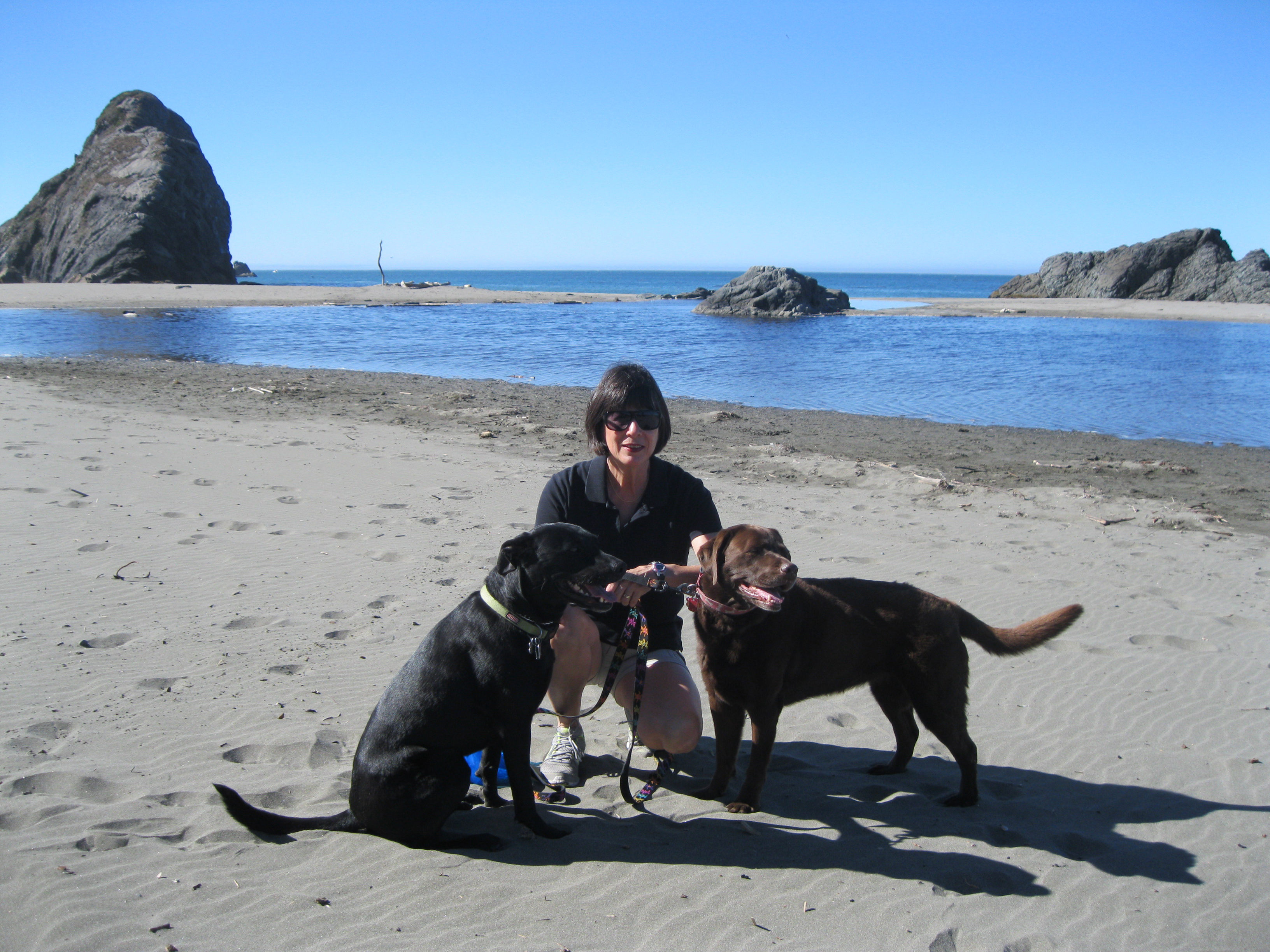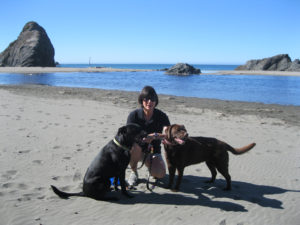By Betsy Lewis, Social Media Contractor for the Children’s Advocacy Center of Jackson County
The holidays are coming, and families and friends will be gathering together to celebrate.
Unfortunately, the holiday season is also the time of year when all types of child abuse increase.
And it is those we know, these very family members and friends, who are the ones most likely to abuse our children.
Here are some startling facts:
· 90% of children are abused by someone they know.
· 80% of sexual abuse occurs in one child – one adult situations.
· 30% of all child sexual abuse is perpetrated by other youth.
Put these facts together with the hectic holiday season, where adults and children are thrown together, regular schedules are in flux, parents are often stressed and distracted, and you can see why kids are at greater risk this time of year.
How can you protect your children? Darkness to Light/Stewards of Children, the curriculum we use in our Protect Our Children Trainings, calls it “Minimize Opportunity”
Here are suggestions for your holiday season that will minimize the opportunities for abuse:
1. Choose group situations and have multiple adults supervise children.
2. Scan the physical environment for hidden areas and correct dangers.
3. Make sure interactions are observed and interrupted.
4. Remember older youth should not be in isolated, one-on-one situations with younger children.
5. Talk to kids about body boundaries (immediately, frequently and all year long.) Tell them they do not have to give or receive hugs, kisses, or other affection. Tell them to talk to you if anyone crosses their body boundaries. If your child tells you that he doesn’t want to be around a particular person or participate in a particular outing, take her or him seriously.
6. Avoid one child – one adult situations. If you do have to leave your child alone with someone, make it “observable and interruptible.” Let the adult know that you could return at any time, that you and your child are educated about child sexual abuse and that you have taught your child to tell you if there are body boundary violations.
7. Have a household open door policy – no interior doors are to be shut.
8. Make sure all outings, games and activities are observable by you or others.
9. Make any interactions with older children observable by multiple adults.
10. Be aware of “roughhousing.” Know that tickling, poking the stomach, patting the butt or knees, rubbing shoulders, can all be part of the grooming process.
This is a hard truth and can be difficult to hear and accept: You cannot trust anyone 100% and no one is exempt, not even the closest, most beloved family members.
Additionally, be sure to manage your own stress level and drug and alcohol use so you can be alert and aware. Most importantly, go with your instincts. Pay attention and take the necessary steps to correct any dangers if anything bothers you about someone who spends time with your child.
The best way to keep the holidays a beautiful and magical experience and memory is to take good care of you and yours. You matter!


